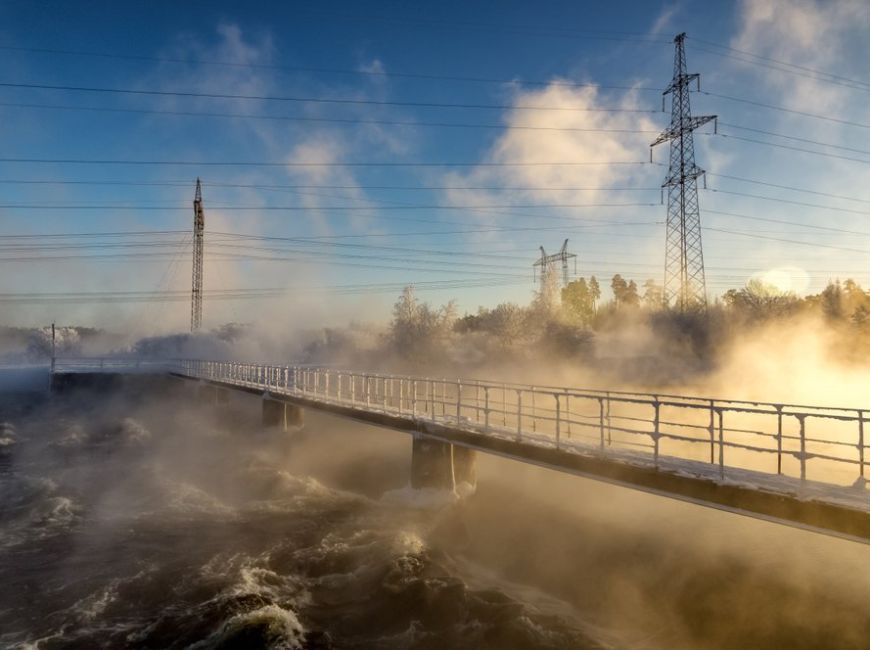Electricity sector holds the key for the EU’s low-carbon economy
The notion of decarbonisation has changed over the years as a new consensus on long-term climate objectives emerges.[1] From being synonymous with emissions reduction in just some energy sectors, it has spread to all sections of the economy and society. Policymakers describe it as ushering in a new phase in industrialisation. aimed at underpinning the […]
The future of gas in Europe
In the context of the EU transition to a low-carbon economy, the gas industry will face significant transformations over the next decades up to 2050 and beyond. A substantial number of studies on the future of gas have been published recently, which each come to different outcomes and projections, in some cases even to radically […]
Comparative study on the governance structure and energy policies in EU macro-regional strategies
Macro-regional strategies (MRS) are EU initiatives to create multi-country coordination structures to strengthen joint collaboration on common challenges by participating countries and regional authorities. While their establishment was top down, these initiatives and their work plans are expected to be driven increasingly by a more bottom-up approach. To understand some of these challenges, this study […]
The opportunities of the Modernisation Fund for the energy transition in Central and Eastern Europe
As part of the post-2020 reform of the EU Emissions Trading System (ETS) for its fourth trading period, a new fund will be established with the purpose of supporting the modernisation of energy systems in Central and Eastern Europe. The Modernisation Fund represents an instrument for enabling investments in small-scale energy projects, improvements in energy […]
Leveraging funding for energy efficiency in buildings in South East Europe
This paper addresses the possibility of creating financial instruments so that large scale energy efficiency renovation programmes can be substantially financed by the private sector. Aimed at decision-makers and those wishing to understand the issue, it avoids excessive technicalities. The paper presents some selected examples of financial instruments for energy efficiency that could represent possible […]





